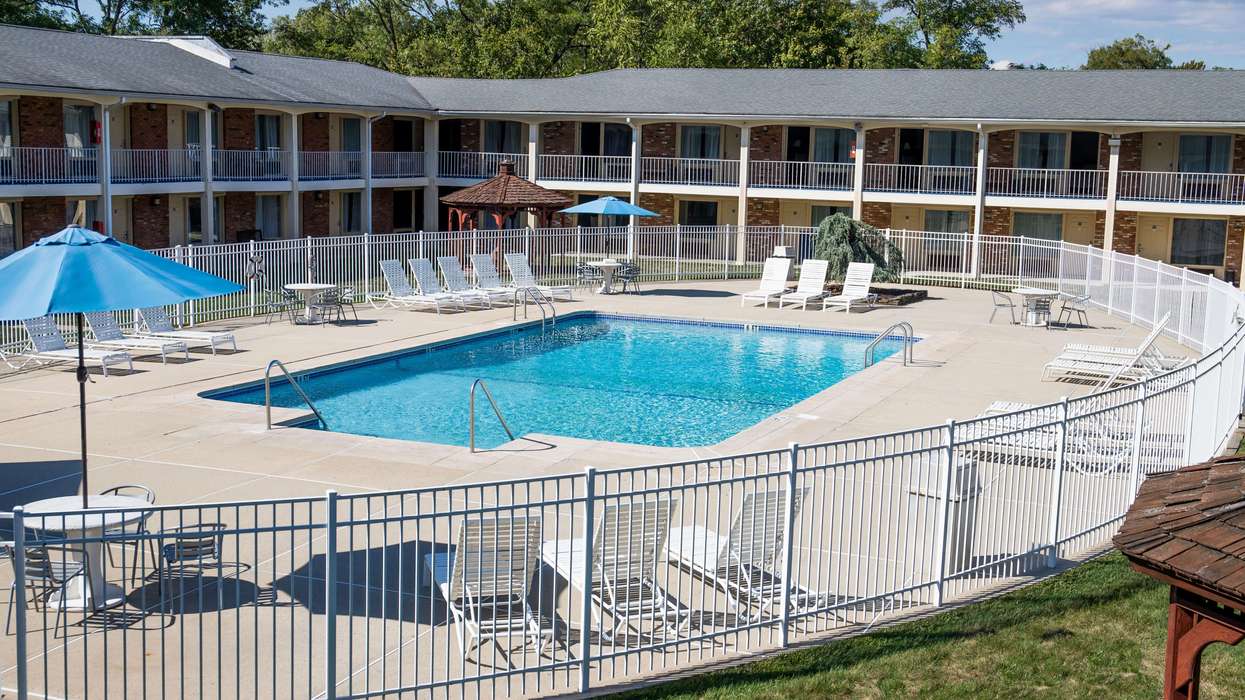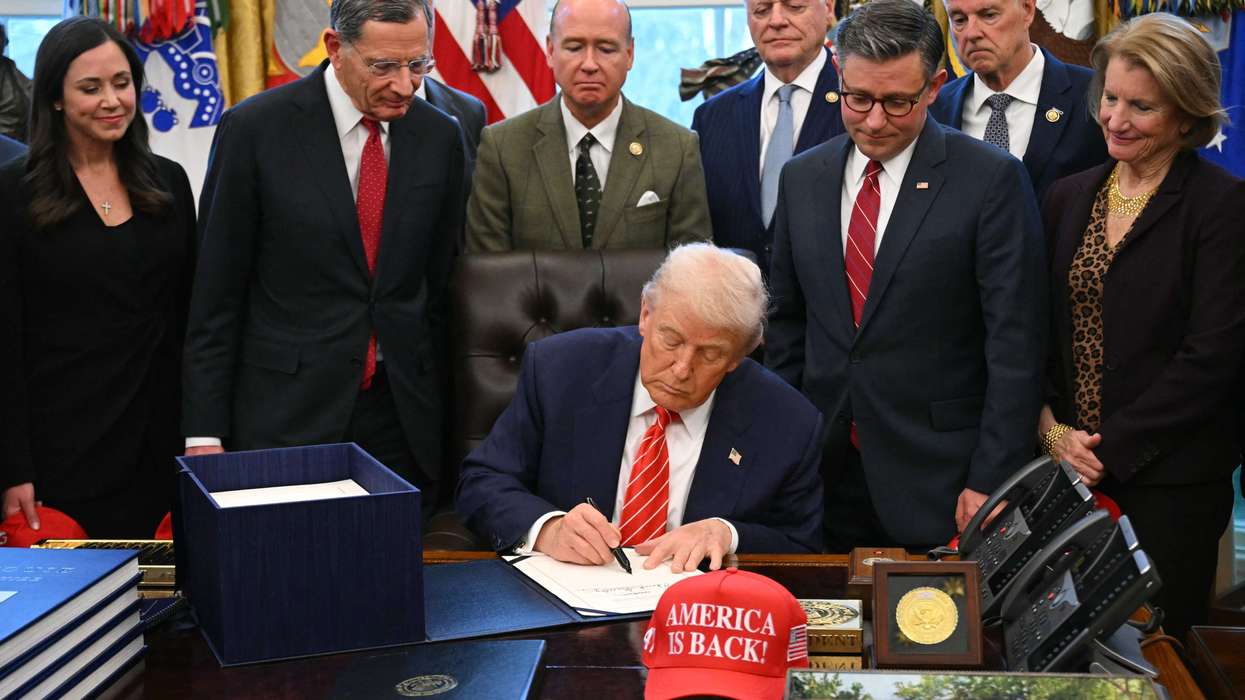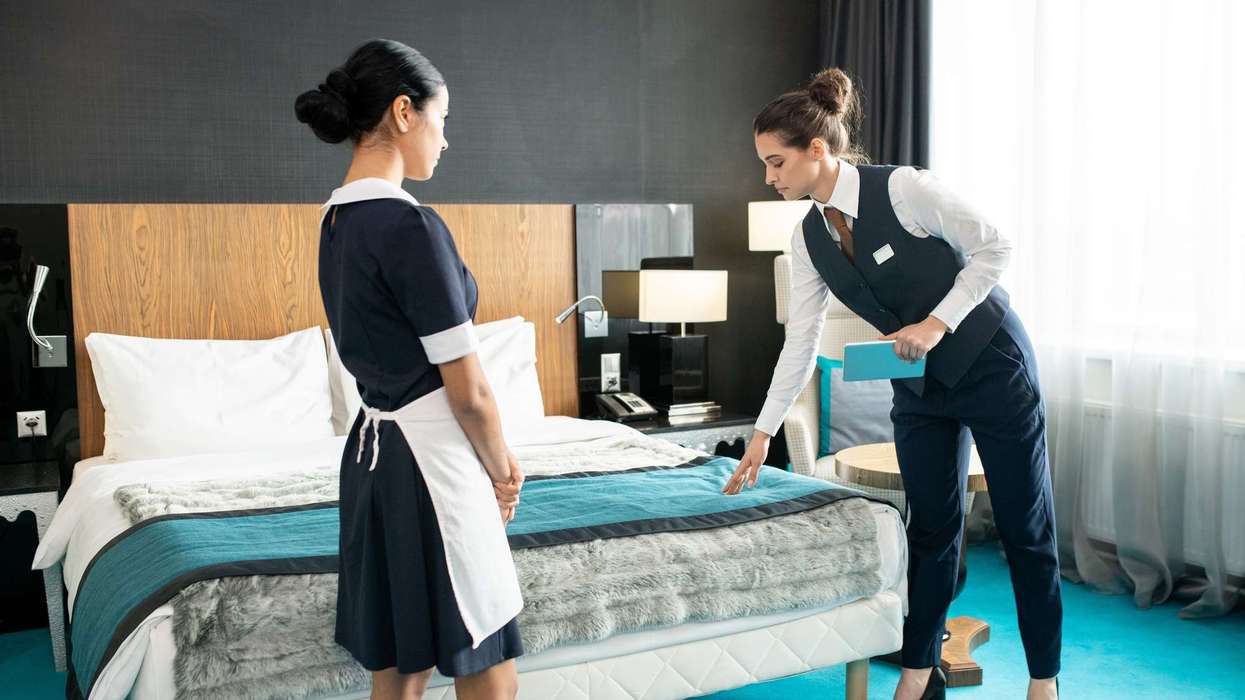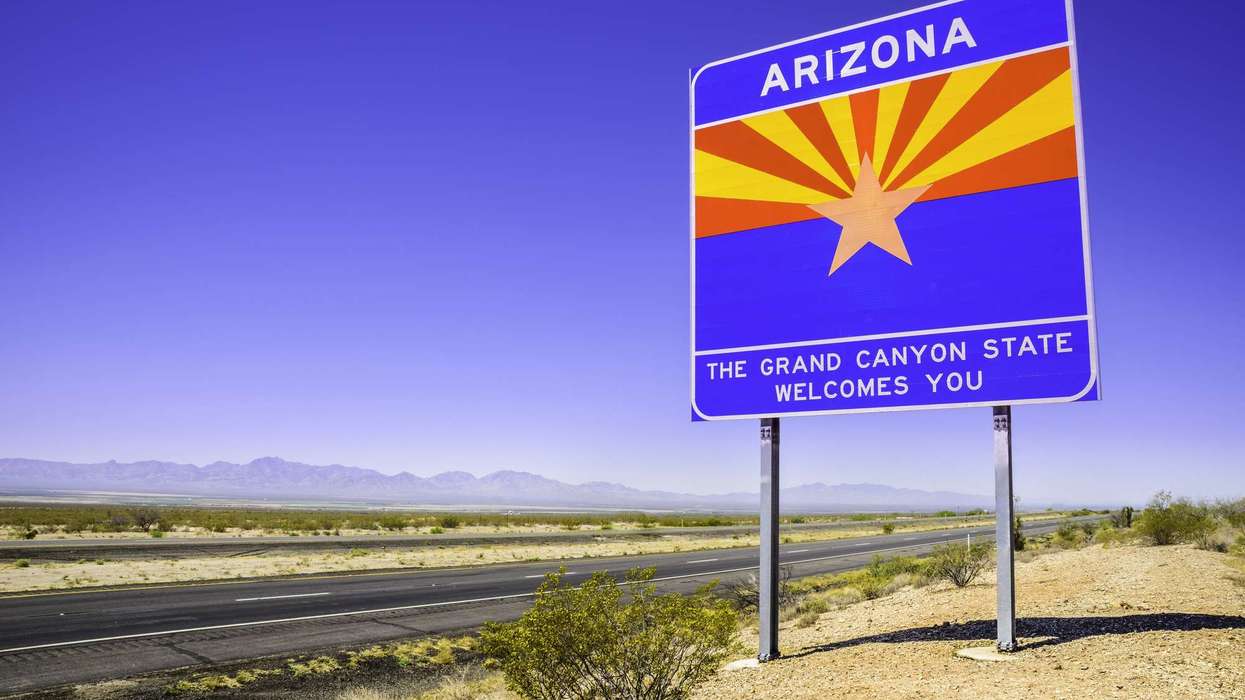REORGANIZING COST-DRIVER and benchmarking goals to realistically manage demand and adjusting to new asset management strategies will be key focal points for hoteliers for 2021, according to a white paper from accounting, financial and data management provider M3. Labor management and revenue management will be two of the most difficult elements to budget and forecast this year, the firm said.
The whitepaper, “How Hoteliers Should React to New Forecasting Challenges in 2021” outlines several strategies for maintaining their bottom lines into the recovery.
“Hoteliers should focus on daily comparisons between their room rates and those of their competitors. Through powerful hotel benchmarking capabilities, hoteliers can manage their properties’ revenue expectations in accordance with the most current industry information available,” the paper says. “Maintaining a consistent daily labor budget is crucial to boosting employee efficiency. Adhering to premade budgets allows upper-level management to plan for unexpected changes as the year progresses.”
M3 also recommends hoteliers evaluate their staff’s essential duties and prioritize responsibilities to maximize efficiency. They should reevaluate labor forecasts in light of changing market need using accounting and financial analysis software and taking into account changing labor demands and room occupancies.
According to M3, the new sanitization standards post-COVID would turn a 25- to 30-minute check-out cleaning into a 35- to 40-minute process, which also needs to be budgeted for accordingly.
“Labor management tools can also create custom labor reports to help managers track their employees’ hours and overtime, helping them fine tune new schedules for COVID-level occupancies and room cleanings,” the whitepaper said. “Hotel rewards programs and year-over-year growth goals require overhauling as hoteliers will face the challenge of reorganizing key revenue expectations based on demand.”
According to M3’s hotel benchmarking data, leisure segments are far outpacing corporate and group booking segments by more than 50 percent.
“As conferences and events, regular business travel and more industry functions are continuously disrupted, hotels need to account for a change in corporate booking rates. As a result, extended-stay hoteliers must shift revenue priorities for 2021 by offering leisure guests greater availability while being careful not to compromise gross operating profits by over-spending on amenities,” the report advises.
“Hoteliers should maximize their reimbursement rates for the redemptions without compromising their top lines with impractical discounts by identifying the top-line benefits of various discounts they can offer in 2021. For hotels that typically offer greater discounts through Online Travel Agency (OTA) bookings, operators need to ensure those OTA discounts do not exceed their direct booking discounts offered to rewards members.
Standard year-over-year comparisons for 2021 may not be as useful in forecasting considering the impact the pandemic and downturn had on last year’s data, M3 said.
“Instead, hotels need to forecast one week at a time. Year 2020 did not change RevPAR indexes, meaning hoteliers shouldn’t settle for an index less than 100 percent and remain mindful that room rates are worth more to hotels than occupancy levels in a shattered economic environment.”
Realistic, accurate forecasting positions hotels with a strong foundation to overcome new challenges, enabling agility and freedom in decision-making and ensuring a reliable game plan for hospitality operations, the report concluded.
Hotel asset management has become an urgent process and its importance has increased over the years, according to an article from CBRE Hotels Research in May.





